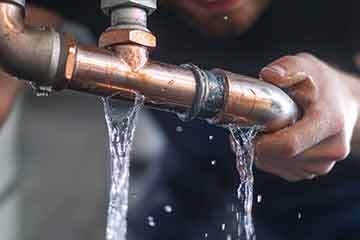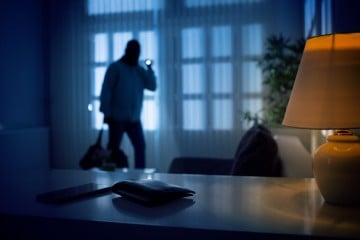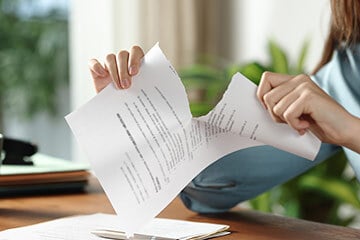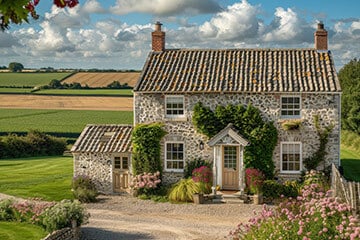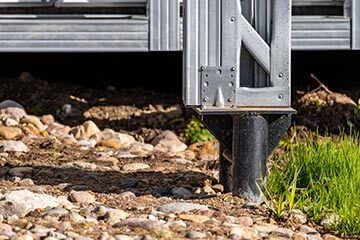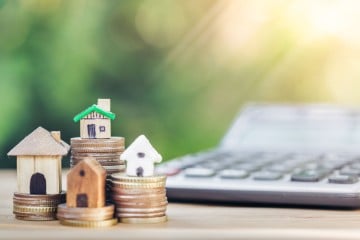Key safes might feel like a convenient option to let others into your home when you're out and about. But how secure are they really? Let’s take a closer look.
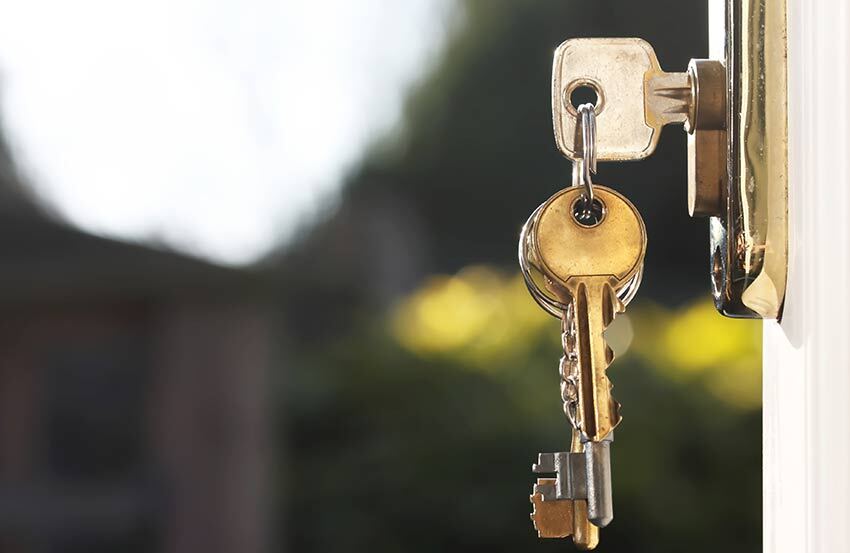
Are key safes safe?
Key safes or lock boxes can be safe, but like most things, it depends on how and where you use them.
Key safes are a useful way to store spare keys outside your home. They may seem like a convenient option, but that doesn’t automatically mean they’re secure.
A poor-quality key box, stuck on the wall in plain view, using a weak code, might seem like an open invite to burglars. And even if you buy a good one, if it’s not installed or used properly, you’re still at risk.
Should I use a key safe at home?
Here’s when key lock boxes are genuinely helpful:
- You’ve got carers or cleaners who need regular access
- You’re hosting short-term guests
- You want a backup in case of emergencies
Look for key safes that meet the LPS1175 security standard. This means they’ve been tested against real break-in techniques. If you are going to get one, don't just buy the cheapest one you can find. Look for key safes that are police-approved under the Secured by Design scheme, like the Supra C500 Pro. These tend to be the most trusted.
The reality is, no key safe is 100% tamper-proof. But high-quality ones, properly installed and discreetly placed, can massively reduce your risk.
Will using a key safe affect my home insurance?
Yes, it could. Some home insurance providers will ask if you use a key lock box, especially if you’re using one for regular third-party access. Others might not but still expect you to take ‘reasonable care’ in securing your home.
To avoid invalidating your home insurance, it's worth letting your insurer know that you have a key safe or that you're planning to install one.
If a break-in happens and your insurer finds out a dodgy key safe was the weak point, your contents insurance claim could be reduced. Or refused entirely.
To keep your cover watertight:
- Choose a police-approved, tamper-resistant model
- Install it in a discreet, non-obvious location
- Change the code regularly and never use something like 1234
- Don’t put it where it’s easily visible from the street
Do I need to tell my insurer about key safes at my house?
Yes. Even if it feels like a small detail, letting your insurer know you’ve got a key safe can help avoid problems down the line.
Some insurers allow key safes. Others might have specific rules about how it’s installed or who has access. And if you don’t tell them, then something happens, you could be looking at a reduced pay out or no pay out at all.
What alternatives are there to using key lock boxes?
If you’re feeling a bit iffy about key safes altogether, some other options include:
- Smart locks: A more modern alternative that uses codes, fingerprints or apps instead of physical keys.
- Digital doorbells with access control: There are lots of doorbells on the market that let you see who’s at your door. Some more advanced types of doorbells can even let people in remotely.
- Trusted neighbours or friends: An old-school option. Just make sure they’re nearby and willing.
Each has its pros and cons, but they can help to avoid the risk of a physical key getting into the wrong hands.
Tips for using key lock boxes on your property
If you are going to use a key safe, make it as safe as it can be. Here’s how:
- Pick a reputable model: Look for models approved by Secured by Design.
- Think about where you install it: Choose somewhere that’s easy for guests but not obvious to strangers.
- Change the code regularly: Especially if you’ve had guests or tradespeople using it.
- Install it securely: Use proper fixings. Don’t just glue it or screw it into loose brickwork.
- Only give the code to people you trust: And when they’re done, change it again.
It's about doing what you can to secure your home. If you're itching for more security tips, read our guide on how to protect yourself from burglary. You can also find out which lock types are best for home insurance.


